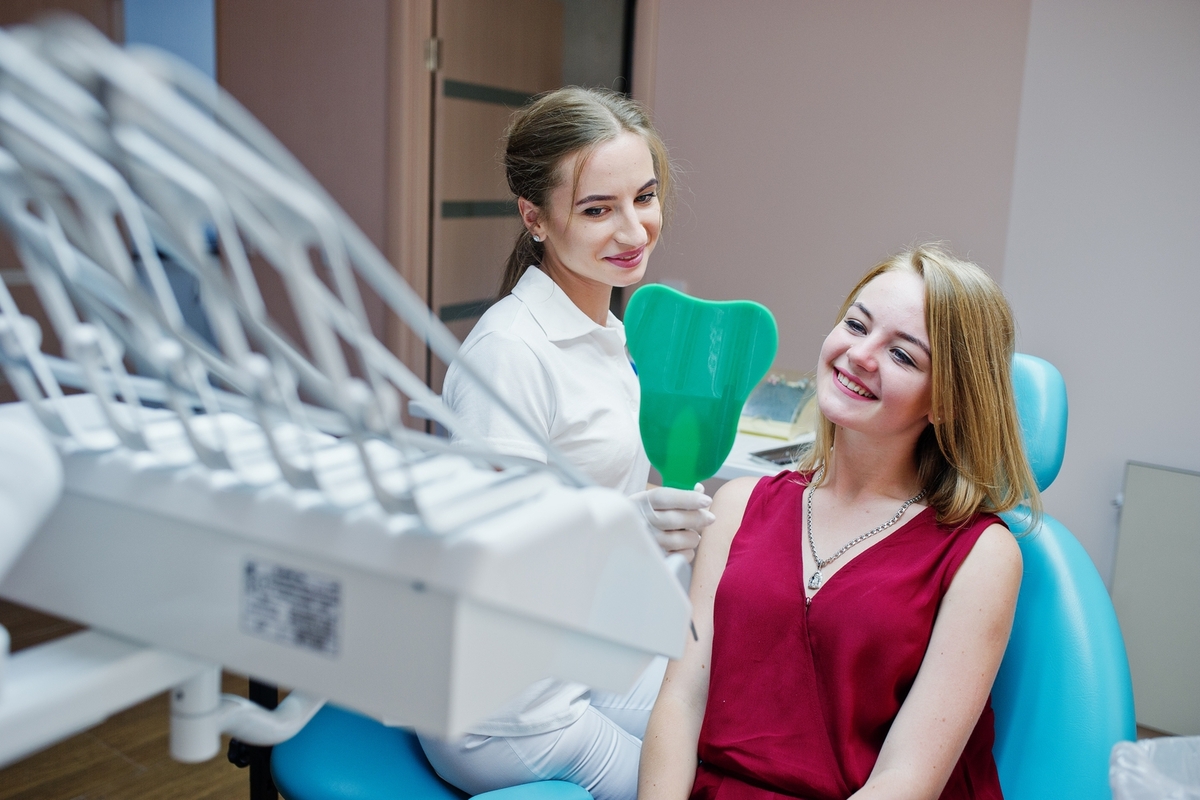Exploring No Cost Dental Implants Near You: A Comprehensive Guide

Dental implants have revolutionized the field of dentistry, offering a permanent solution for missing teeth. However, the cost of dental implants can be prohibitive for many individuals. This article delves into the possibilities of obtaining no-cost dental implants, exploring various programs, clinical trials, and charitable organizations that may offer these services. If you’re searching for ‘no cost dental implants near me,’ this guide will provide valuable insights and practical steps to help you find affordable dental care options.
Dental implants are a popular and effective way to replace missing teeth, but the high cost can be a significant barrier for many people. Fortunately, there are several avenues you can explore to potentially receive dental implants at no cost. Here are some options to consider:
-
Dental Schools : Many dental schools offer free or low-cost dental services as part of their training programs. Students, under the supervision of experienced faculty, perform the procedures. This can be a great way to receive high-quality care at a fraction of the cost.
-
Clinical Trials : Participating in clinical trials can be another way to receive no-cost dental implants. Researchers often seek volunteers to test new dental implant technologies or procedures. In exchange for your participation, you may receive the implants and related care for free. Websites like ClinicalTrials.gov list ongoing studies that you can apply for.
-
Charitable Organizations : Several non-profit organizations and charities offer free dental care to those in need. Organizations such as the Dental Lifeline Network and Mission of Mercy provide dental services to underserved populations. These programs often have specific eligibility criteria, so it’s essential to check if you qualify.
-
Government Programs : Some government programs may offer assistance with dental care. Medicaid, for example, provides dental coverage in some states, which may include dental implants. Additionally, local health departments sometimes have programs that offer free or low-cost dental services.
-
Community Health Clinics : Community health clinics often provide dental services on a sliding scale based on income. While not always free, these clinics can significantly reduce the cost of dental implants. It’s worth checking with clinics in your area to see what services they offer.
-
Dental Insurance : While not typically free, some dental insurance plans may cover a portion of the cost of dental implants. It’s essential to review your policy and speak with your insurance provider to understand what is covered.
-
Fundraising and Crowdfunding : If you’re unable to find no-cost options, consider fundraising or using crowdfunding platforms like GoFundMe to raise money for your dental implants. Sharing your story and seeking support from your community can sometimes help cover the costs.
-
Payment Plans and Financing : Some dental offices offer payment plans or financing options that can make dental implants more affordable. While this doesn’t eliminate the cost, it can spread it out over time, making it more manageable.
When searching for ‘no cost dental implants near me,’ it’s crucial to be diligent and thorough in your research. Start by contacting local dental schools, community health clinics, and charitable organizations to inquire about available programs. Additionally, keep an eye on clinical trial listings and government program announcements that may offer assistance.
Obtaining no-cost dental implants is challenging but not impossible. By exploring various options such as dental schools, clinical trials, charitable organizations, and government programs, you can increase your chances of finding affordable dental care. Remember to be proactive in your search and reach out to multiple sources to gather information. With persistence and resourcefulness, you may find a solution that fits your needs and helps you achieve a healthy, confident smile. Always consult with dental professionals to ensure that you are receiving safe and appropriate care for your specific situation.



